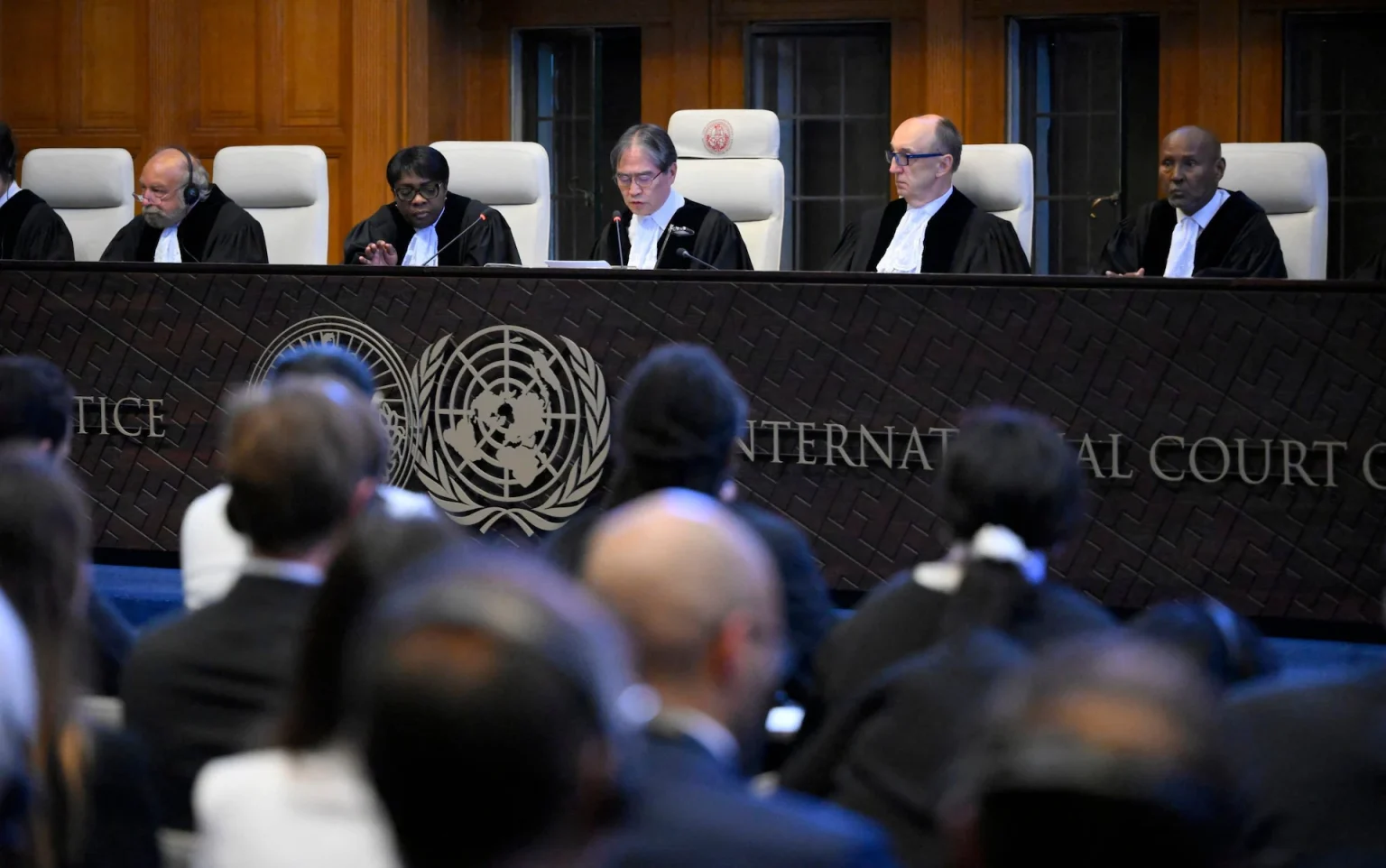The United Kingdom may be exposed to international lawsuits over its historical contribution to climate change, following a groundbreaking advisory opinion issued by the International Court of Justice (ICJ).
In a statement released in The Hague, the ICJ said countries failing to meet their climate obligations could, in certain cases, be held legally accountable by states suffering the consequences of climate change. The ruling also opens the door to legal claims based on historic greenhouse gas emissions, a significant development for industrialised nations like the UK, widely regarded as the birthplace of the industrial revolution.
Although the ICJ’s opinion is not legally binding, it carries considerable moral and legal weight and is expected to influence future environmental litigation worldwide.
The UK has previously acted on an ICJ advisory opinion notably when it agreed to begin the process of returning the Chagos Islands to Mauritius, a move in which the current Attorney General, Lord Hermer, played a key role. This has raised concerns among critics that Lord Hermer may support the implementation of the latest ICJ ruling if similar claims are brought against Britain.
Richard Tice, deputy leader of Reform UK, accused Hermer of not acting in the UK’s interest. Both the Conservative Party and Reform UK have strongly rejected the ruling, insisting they would refuse to pay any form of climate reparations if in power.
Dame Priti Patel, Shadow Foreign Secretary, criticized the ICJ, claiming it had abandoned its legal mandate and was instead pursuing ideological campaigns under the guise of international law. She urged the Labour Government to dismiss the ruling entirely.
“This is lawfare similar to the Chagos case,” Patel said. “It must not be repeated.”
Tice added: “We will not be bound by activist courts or ludicrous demands for reparations. The ICJ clearly has an anti-British agenda.”
The ICJ’s 133-page opinion was the result of a legal initiative led by a coalition of Pacific island law students and supported by 132 UN member states. It clarified that all countries, regardless of whether they have signed agreements like the 2015 Paris Accord, still have an obligation under broader international law to protect the environment and can be held accountable for failing to do so.
Small island nations, including Vanuatu, one of the most vulnerable to climate impacts, welcomed the decision. Ralph Regenvanu, Vanuatu’s Minister for Climate Change Adaptation, announced plans to push the UN General Assembly to support the ICJ’s findings.
“The Global South is paying the price for a crisis it didn’t cause,” he said. “We must hold high-emitting nations accountable and ensure they contribute to recovery and adaptation efforts.”
Legal experts hailed the opinion as a victory for low-lying and developing nations that have long called for legal clarity on states’ responsibilities to address climate change. These countries have been disproportionately affected by climate-related disasters but contribute less than 1% of global emissions.
ICJ rejects notion
Judge Yuji Iwasawa, president of the ICJ, rejected the notion that existing climate agreements such as the Paris Agreement are sufficient to meet international obligations. He emphasized that developing countries have a right to seek compensation for climate damage, including destruction caused by extreme weather events.
The financial implications remain uncertain. While the Foreign Office reiterated that the opinion is non-binding and does not obligate the UK to pay reparations, the economic impact of climate change is substantial. A study published in the journal Nature estimated global losses due to climate change at $2.8 trillion between 2000 and 2019.
Judge Iwasawa acknowledged that assigning precise responsibility for specific climate damages to individual countries would be complex and difficult to prove in court.
A spokesperson for the UK Foreign Office said: “Tackling climate change is and will remain an urgent UK and global priority. Our position remains that this is best achieved through international commitment to the UN’s existing climate treaties and mechanisms.
“We will continue to work with global partners, including Brazil ahead of COP30, to address the climate crisis in a way that delivers benefits for the British people.”



